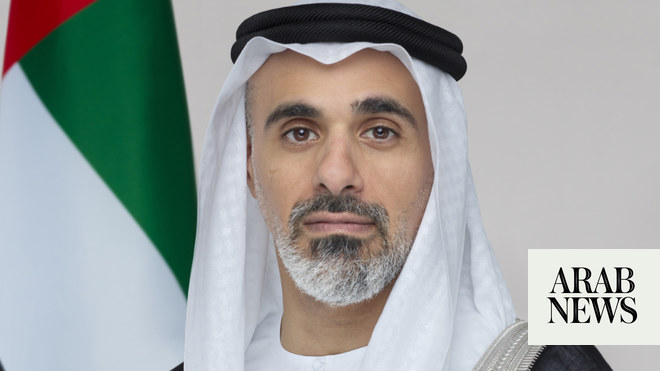
Basic law defines ‘specific and stable mechanism’ for selecting a crown prince
DUBAI: Oman’s crown prince will be the eldest son of the serving sultan, according to details of a new decree to establish a mechanism for the transfer of power.
Sultan Haitham bin Tariq announced on Monday that Oman would appoint a crown prince for the first time.
The details announced on Tuesday mean his eldest son, Dhi Yazan bin Haitham, is set to become the sultanate’s first crown prince.
The decree establishes a basic law defining a “specific and stable mechanism” for selecting a crown prince.
The basic law stipulated that “the mandate of power would be transferred from the sultan to his eldest son, then the eldest son of the latter’s son, and so on,” said the decree that was published in the official gazette.
The announcement came on the first anniversary of Sultan Haitham’s assumption of power, following the death of Sultan Qaboos.
Sultan Qaboos was the founding father of modern Oman and named his successor in a sealed envelope that was opened after his death.
The new decree stipulated that if the mandate of power is transferred to someone under the age of 21, then the powers of the sultan shall be exercised by a guardianship council appointed by the sultan, or by the royal family council.
It also said that if the crown prince dies before the powers are passed on to him, the the title goes to his eldest son, even if he has siblings.
The decree is one of two issued by the sultan. The second established a new law for the parliament — the Council of Oman. It defines the council’s capabilities, membership conditions and their rights and duties, as well as regulating everything related to the council’s affairs.
These decrees have been issued “to meet the requirements of the sultanate during the next stage, and in line with Oman’s Vision 2040,” state news agency ONA said.
The same decree also emphasizes the role of the state in guaranteeing more rights and freedoms for citizens, the most important of which are equality between women and men, caring for children, the handicapped and youth, and compulsory education, ONA said.











